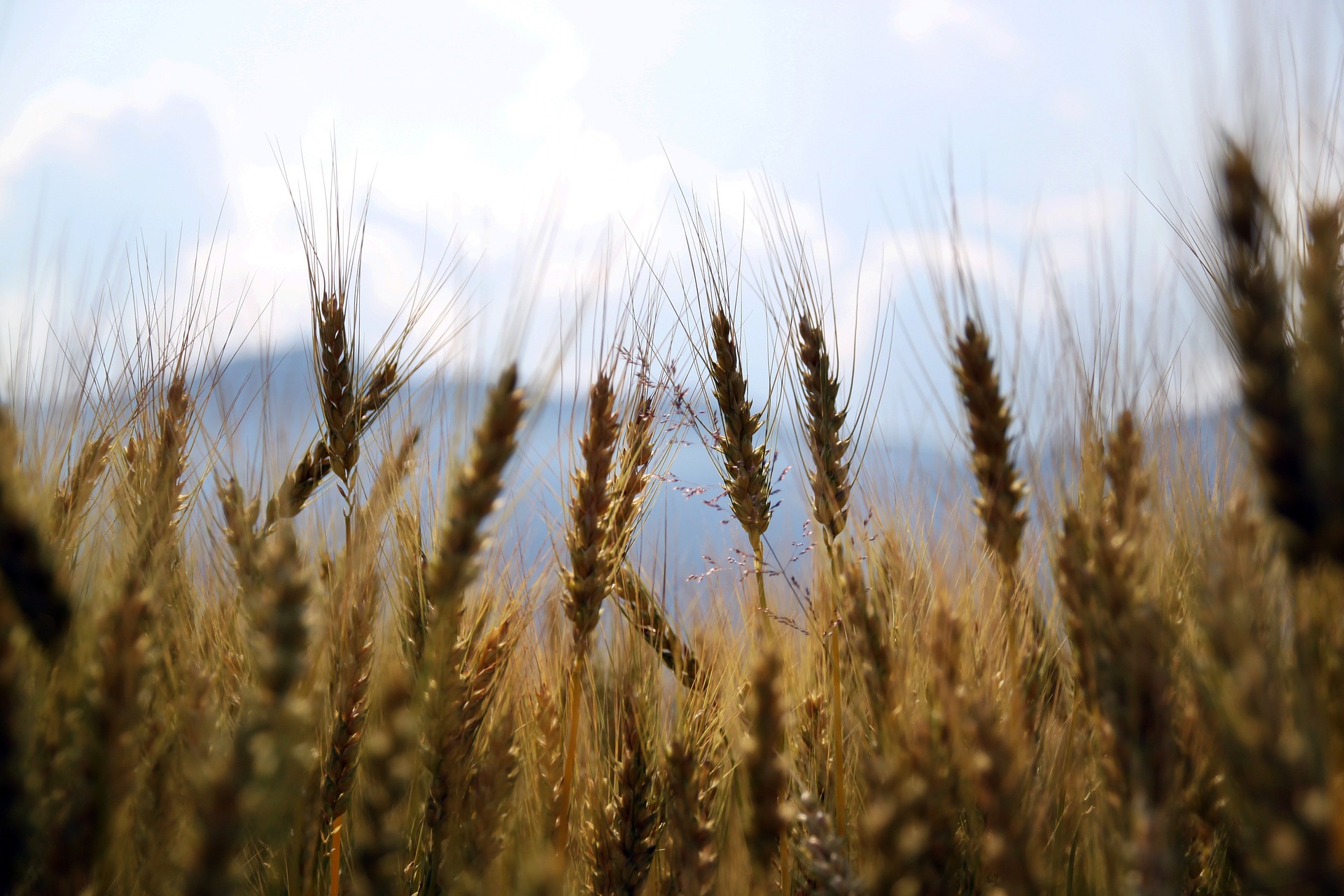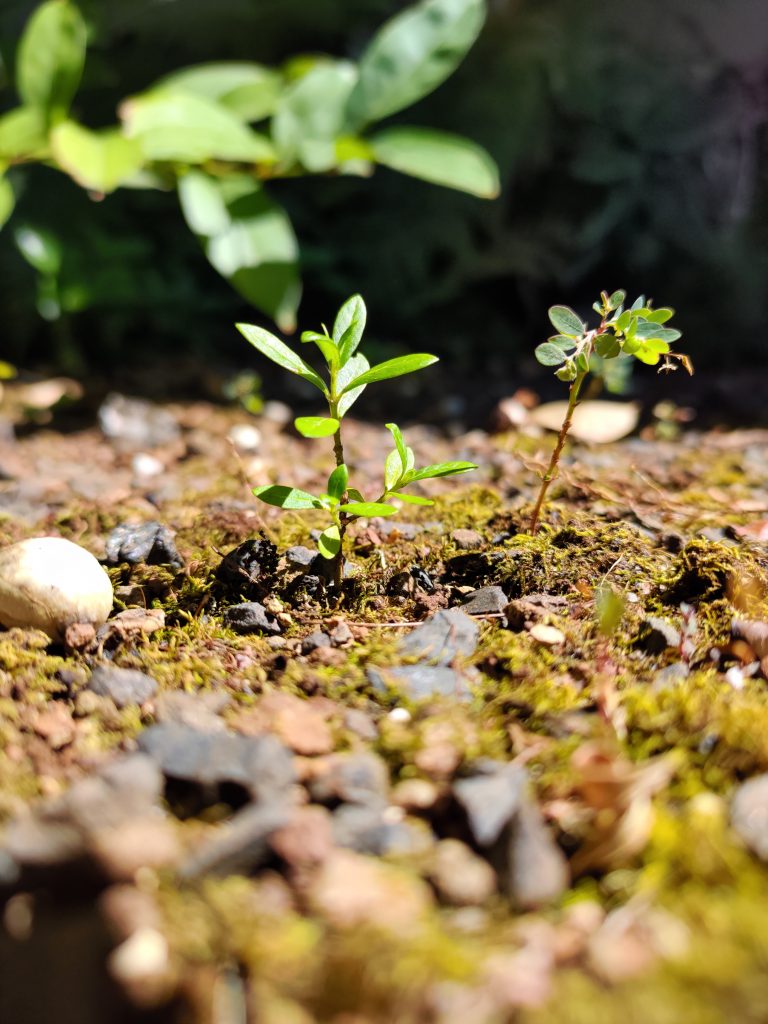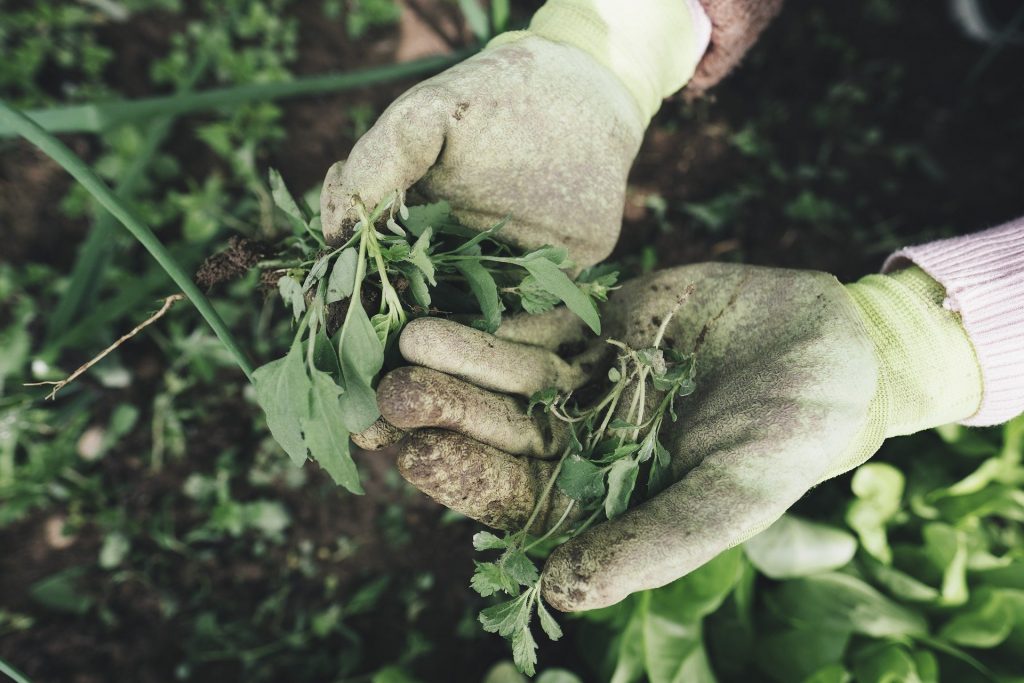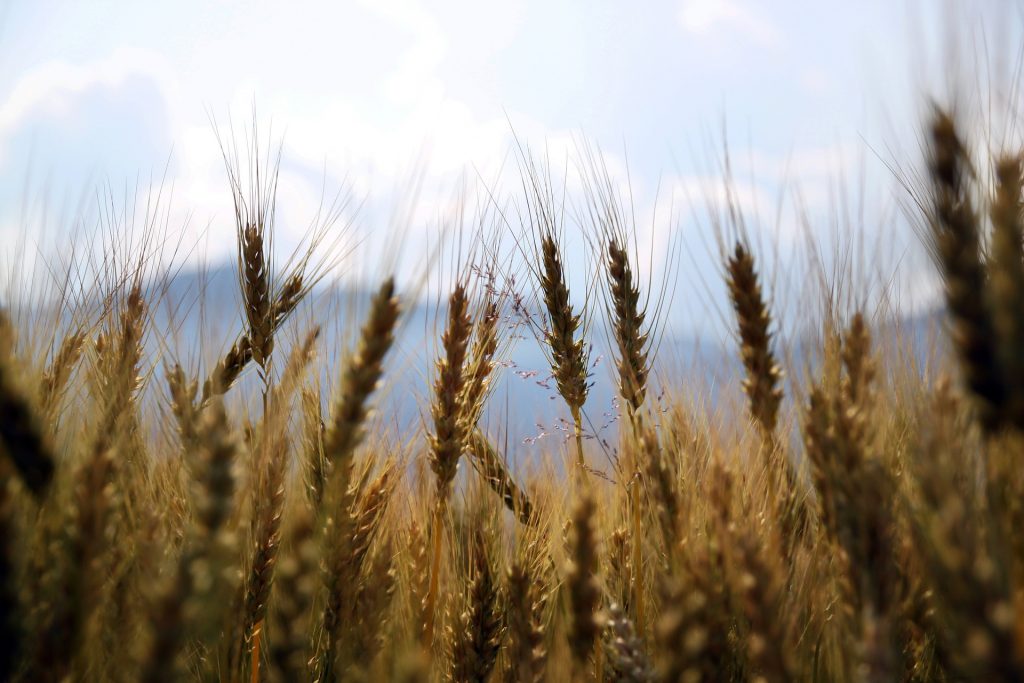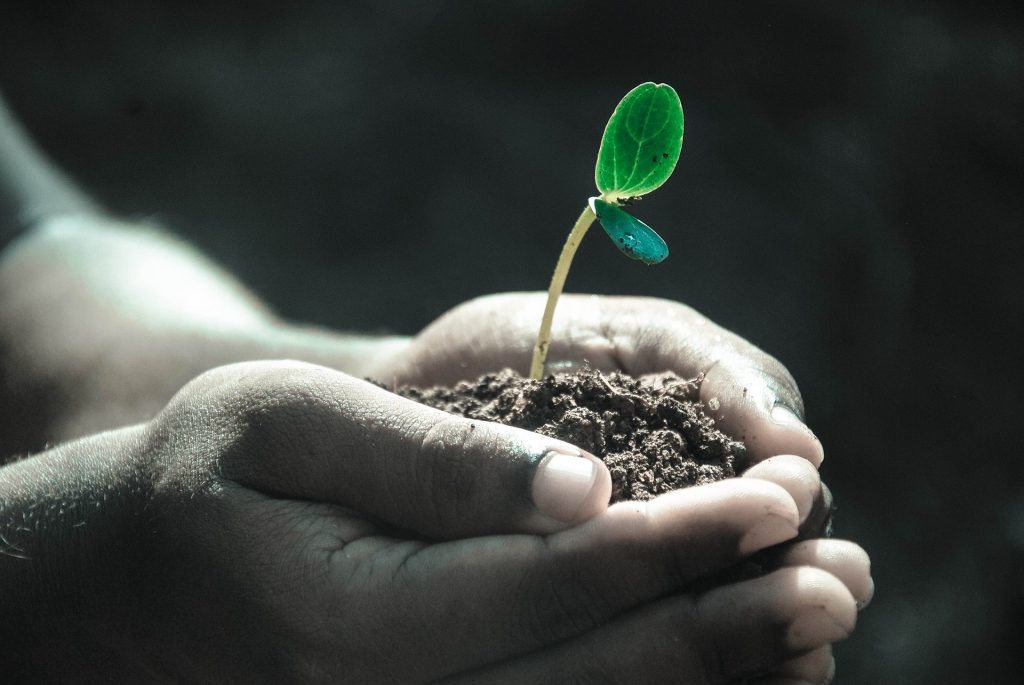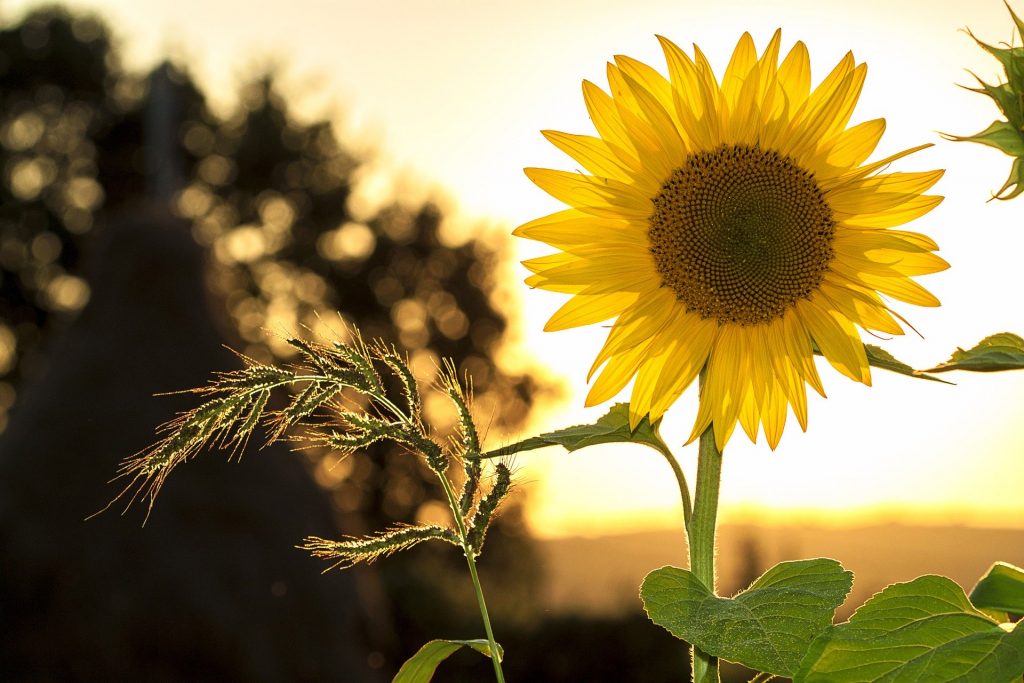But Regardless, Nothing Will Grow if Nothing is Planted
The property where my wife and I live was my grandparents when I was a little boy, and my grandpa farmed it. Then as I got a little older my dad began farming it, and I was privileged to drive a tractor and work the ground. I loved farming. It’s one of my fondest memories growing up.

The problem with the ground is that it’s hard and consists of a lot of clay. Grandpa used to always kid about it. He would say that there was 30 minutes when it would be just the right moisture content and would plow great. That time was between being too wet and being too dry, and the perfect time would always happen while he was eating lunch.
Pastor Lisa’s sermon this past Sunday was about the farmer and sowing the seeds in Luke 8:4-15. Most of us are familiar with this Bible story where the farmer went out to scatter seed in a field. While he was doing this, some of the seeds fell along the road and were stepped on or eaten by birds. Other seeds fell on rocky ground and started growing. But the plants did not have enough water and soon dried up. Some seeds fell where thornbushes grew up and choked the plants.
The rest of the seeds fell on good ground where they grew and produced a hundred times as many seeds.
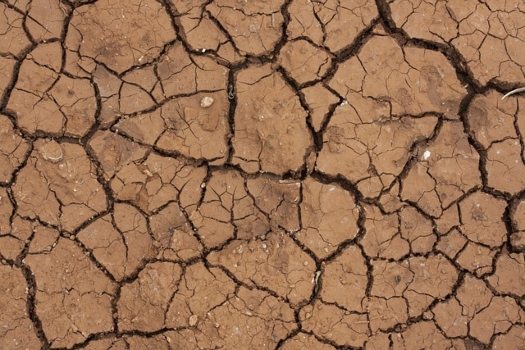
This Scripture is such a good example of how we are to be aware of the different soils around us, understand them, and improve them so that we can produce a hundred times more than we thought we could.
As she was sharing this story I was reminded of the soil at home and a conversation I had last week with Alex Gottlob from Gottlob Lawn and Landscape.
This conversation centered around replacing a tree that died this past year and planting some additional ones in the hard clay soil at home. He gave me some great advice on how to improve the soil and the odds of the trees living in this kind of dirt.
The first thing to note is…soil can be made better.
Clay soil is much more than simple dirt but when it comes to clay soil – it can be complicated. It’s not as difficult as you may think; improving clay soil involves mixing organic materials, such as bark, sawdust, peat moss, composting materials, or manure, directly into the soil.
Alex suggested mixing cotton burr half and half with the dirt that we dig out. Cotton burr compost is a byproduct of the cotton fiber harvesting process and consists of cotton plants’ leaves, stalks, and seeds. It is an all-around compost high in both macro and micronutrients. It’s great for amending heavy clay soil.
Another suggestion was a root stimulator. Root stimulator encourages root development, specifically the fine root hair development. Root stimulation promotes the fine root density and adds a beneficial fungus, called Mycorrhizae. It also helps the tree transition from fall to winter, which is a good thing considering that we’re going to be planting them in the early fall.
The last and maybe the most important is watering. The trees we’re getting ready to plant vary from 8’ to 14’ tall. Trees of this size will need 10-20 gallons of water per week each. We also need to spread mulch around the trees to reduce evaporation and provide insulation for the roots.
This hard clay soil is not ideal for growing but can be made better if we put in the work.

This is the same for us. We can be made better with work.
Today’s Bible story tells us how the seed is God’s message and the seeds that fell along the road are the people who hear the message. But the devil comes and snatches the message out of their hearts, so they will not believe and be saved.
The seeds that fell on rocky ground are the people who gladly hear the message and accept it. But they don’t have deep roots, and they believe only for a little while. As soon as life gets hard, they give up.
The seeds that fell among the thornbushes are people who hear the message. But they are so eager for riches and pleasures that they never produce anything.
Those seeds that fell on good ground are the people who listen to the message and keep it in good and honest hearts. They endure and produce a harvest.
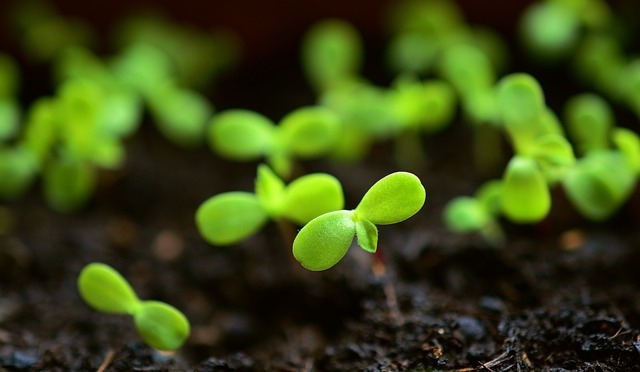
Where we plant seeds makes a difference and may require different actions and applications. But we can change our dirt if we choose to. More importantly, nothing will grow if nothing is planted.
Go out and plant some good seeds and watch them grow.


